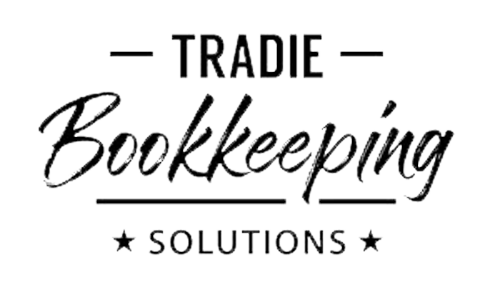5 Tax Season Tips for Business To Avoid The Mad Rush
We’re galloping into tax season now and while some business owners still have their blinkers on, it’s those that go into the race eyes wide open, who will end up reaping the rewards. registered bookkeeping business
registered bookkeeping business
As a fully registered bookkeeping business, I can honestly say we’ve seen it all, the super organised business and the business owner who is seriously behind during tax season.
It’s hard to believe, but the latter is more common than the former. That’s why we’ve actually got a special service package, which we cheekily call the “Rescue Package”.
On the flip side, when we do come to your rescue if you need it, you can then begin to change your practices to avoid the drama next year, and we’ll show you how to do it.
As a matter of fact, this article is all about giving you tips to avoid the mad tax season rush. If you have an in-house bookkeeper, they are probably already onto these practices. However, if you’re a tradie who’s wearing many business hats, you might want to take note.
Preparing for tax season is really a year-round endeavor. The suggested activities below, if implemented diligently over the course of the financial year, will put you ahead and in control of cash flow and profits. They will take the stress out of tax time and you’ll get the most out of your return, guaranteed!
Tip 1 – Update your business financials regularly
Minimum weekly, using a streamlined software or cloud-based system, update all your incomings and outgoings. If you’ve got a system that’s integrated with online banking, remember also to do your bank reconciliations at this time.
This way, come tax time, everything you need is already in one place. Well organised business owners are better positioned to minimize their tax bill while avoiding penalties associated with missing or inaccurate information.
Tip 2 – Know your credits & deductions
Small businesses can often benefit from a wide range of tax credits and deductions. From special allowances for research and development, to programs that supplement wages for student employees and apprentices, knowing which credits apply to your business can save you a bundle on taxes.
The most common tax credit is the GST credit. And even if you can’t claim a GST credit, you may be able to claim the full price (incl GST) of the purchase for your business as a tax deduction.
It’s also important for small business owners to be savvy about deductions. After all, you want to keep as much of your hard-earned revenue as possible. Often-overlooked items you may be able to deduct include:
- Seminars, classes or conventions you attended to improve your professional skills;
- Unused inventory that you’ve donated to charity (a good reason to consider donating your overstock, rather than paying for storage); and
- Capital assets, such as office furniture, computers, and equipment.
Speak to your accountant and bookkeeper about the full range of available deductions you can plan for each tax year.
Tip 3 – Be careful about what you claim
If you run a home-based business you may be able to claim a portion of expenditures like utilities, insurance, property tax, and rent. But you’ll need to keep good records, and all your receipts, to justify why you’ve allocated business costs to your home office.
The same goes for home office computers and mobile phone expenses. Tax authorities will want to see how you’ve separated the personal and professional use of these assets when you claim them as work expenses. Read more about Increased scrutiny of home office claims in an article published on the Tradies Advantage Blog not long ago.
Many tradies use their work ute for both business and private travel. If you want to claim drive-time or mileage as a work expense, ensure you submit a log of your business-related mileage, so you can clearly demonstrate how your personal vehicle was used for professional purposes.
Tip 4 – Don’t miss the deadline!
This should go without saying, but every year small business owners are hit with serious penalties for filing their tax return or BAS Statements too late. Missing the deadline can have a range of negative repercussions, including:
- Added interest to amounts owing, plus a late payment penalty;
- Losing your claim to a refund;
- Loss of credits toward retirement or disability benefits; and
- Delay of loan approvals (lenders require a copy of your filed tax return in order to process your application).
- Problems with obtaining or renewing your QBCC licence.
Tip 5 – Seek expert advice well in advance
Every year there are new tax schemes, regulations or mechanisms introduced by the ATO. The biggest reform project this year since the GST is the introduction and expansion of the Single Touch Payroll. If you’ve heard about it, but are not sure what it means for your business, start by reading our blog article Busting the Single Touch Payroll Myths.
A recent survey (click here to download PDF file) of small business owners found that a full quarter don’t understand their tax obligations. What’s more, 27% only speak to their accountant at the last minute, just before their BAS or tax return is due.
Software has made it easier than ever for small business owners to submit their returns for themselves, but when it comes to thoroughness and accuracy, nothing can replace the expert advice of an accountant.
It’s best to consult a professional well in advance to ensure you’re getting the most out of your tax return, and that your documentation is complete.
Contact us for a FREE Tax Season Readiness Check. It includes a review of your accounting and financial systems and advice on where you stand this year with regard to your tax season readiness.
Copyright © TradieBookkeepingSolutions.com.au All Rights Reserved.
